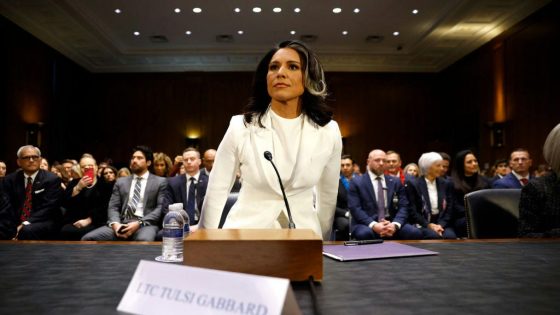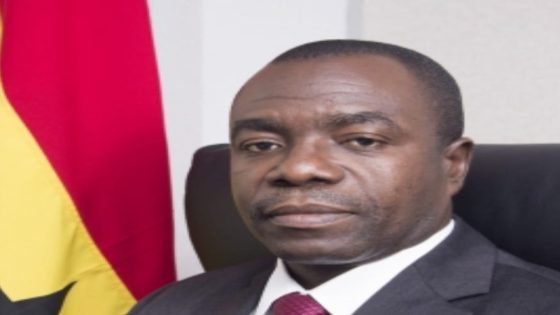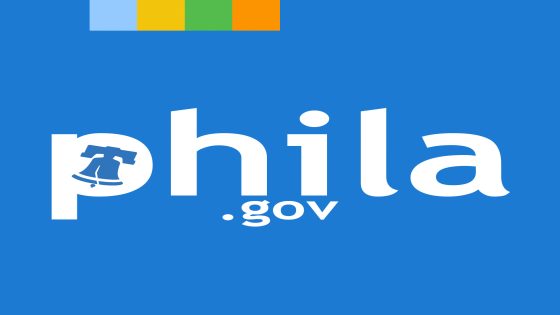On January 31, 2025, Tulsi Gabbard faced scrutiny during a Senate hearing regarding her past criticisms of the U.S. intelligence community. The event raised questions about whether a critic of the deep state can effectively operate within its structures, highlighting Gabbard’s controversial positions and their impact on her political future.
- Criticism of the Deep State discussed.
- Gabbard's views on Snowden provoke GOP.
- Highlights from Tulsi Gabbard's hearing.
- Comparison to Pete Hegseth's hearing treatment.
- Potential Senate pushback on Gabbard’s confirmation.
The Senate hearing for Tulsi Gabbard marked a significant moment in her political career. Known for her outspoken criticism of U.S. intelligence agencies, Gabbard has positioned herself as an outsider challenging established norms. During this session, Republican senators expressed discomfort with her previous comments on figures like Edward Snowden, which they believe undermine national security interests.
Key points from the hearing included:
- Gabbard’s defense of whistleblower protections and transparency in government.
- Concerns from GOP members regarding her alignment with controversial figures.
- The potential implications for bipartisan cooperation if she were confirmed.
This situation underscores broader debates within U.S. politics about accountability and oversight in intelligence operations. As discussions continue, many observers are watching closely to see how these dynamics will affect Gabbard’s standing in the Senate and her ability to influence policy moving forward.
The outcome of Tulsi Gabbard’s confirmation process remains uncertain as tensions rise over her past statements. This situation highlights ongoing divisions in U.S. politics related to national security and civil liberties.































